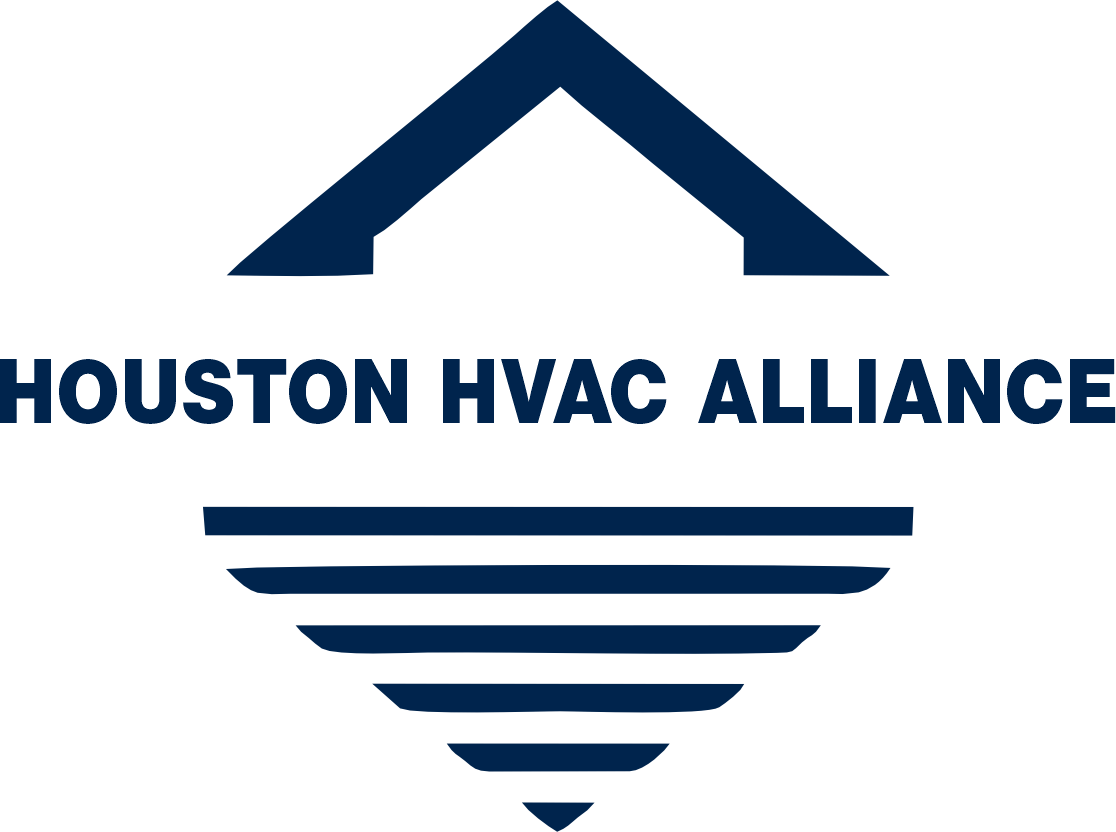Moving into a new home can be exciting but stressful at the same time. Your heating and cooling system can be one of the major stressors, especially if you aren’t confident about how well it will work. Consider the following tips for assessing your new home’s heating and cooling system and whether you should plan to replace it.
CONSIDER YOUR SYSTEM’S AGE
The very first thing to consider is the age of your system. Even if the previous homeowner didn’t know when it was installed, it’s relatively easy to find out.
Locate the system’s serial number. If you remove the access panel from the unit, there should be a tag or label with the serial number listed. If you don’t see it there, turn the unit off and look at the fan and fan blades. Older units often put the serial number here so that you could find it even without the label.
Once you find the serial number, look at the first four digits. The first two indicate the week during which it was manufactured. The next two indicate the year when the unit was made.
The average furnace has an expected service life of 15 to 20 years. An air conditioner may last 10 to 15 years with proper maintenance. If your equipment is nearing these ages, you may want to start planning for a replacement. A new unit will certainly improve on energy efficiency.
IS IT THE RIGHT SIZE?
Next, consider the size of the system compared to the size of your home. HVAC systems are measured in British thermal units or BTUs. A professional technician can easily assess the size of your home, determine its needs, and evaluate the size of your system.
If your house had any renovations since the system was installed, it may no longer meet the needs of your home. A unit that’s too small will run longer heating and cooling cycles, increasing your utility bills and shortening the service life of the system.
WHAT IS THE MAINTENANCE HISTORY?
To achieve its intended service life, your HVAC system must receive routine maintenance, ideally every fall and spring. Try to get records of when your home’s system received professional maintenance.
If you didn’t receive any records when you bought the property, you’ll want to inspect the system. Take the access panel off, and look to see how much dirt and dust is built up on the circulating fan. While in there, see if there are a lot of cobwebs in the housing. Look to see if there is a lot of debris around your outside air conditioning unit, and check how dirty it is.
If it’s apparent that your unit hasn’t had proper maintenance, you may want to schedule a tune-up. The technician will get your system operating as efficiently as possible, and they’ll identify any underlying issues so that they can be addressed.
IS THERE ANY PHYSICAL DAMAGE?
You now want to look for any physical damage to either the indoor or outdoor unit. Most likely, the outdoor unit will show signs of damage such as cracks in the housing, dents, and bent fins on the condensing coil.
On the inside unit, look for rust on the exterior of the unit and other signs of corrosion. Check the condensate drain to make sure it’s not clogged. Depending on the amount of damage you find, it may be worth planning your upgrade.
DOES IT HAVE A PROGRAMMABLE THERMOSTAT?
Check your thermostat to see if it’s a modern model. At a minimum, it should have a program that allows you to automatically manage your temperature while you’re away at work. If it doesn’t, chances are it’s beyond its expected service life, and this could indicate that your system is as well. Have your system inspected, and plan to change your thermostat to a newer model that will offer better options for temperature control.
REVIEW ENERGY CONSUMPTION AND REPAIR HISTORY
If you can get your hands on it, review the recent energy consumption and repair history for the equipment. Industry experts have seen that HVAC systems tend to decline in efficiency and need more repairs in the last two years.
Since 2006, SouthCoast HVAC has offered dependable heating and cooling services to residents in and around Santa Fe. In addition to heating and air conditioning maintenance, repair, and installation, our expert NATE-certified technicians provide indoor air quality solutions. If you’d like to thoroughly assess the heating and cooling system in your new home, call us today to schedule a consultation with one of our HVAC experts.


